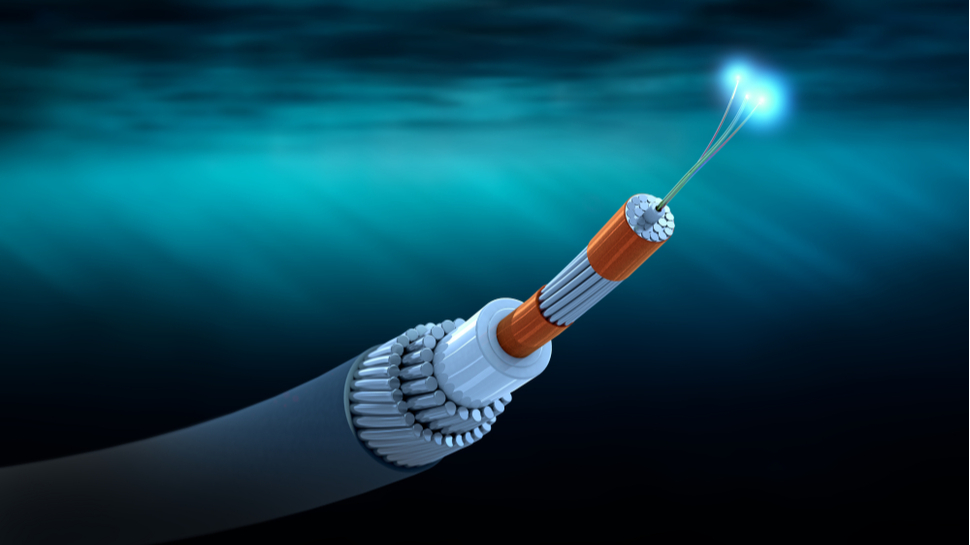Google’s Equiano subsea cable which will run from Portugal to the West Coast of Africa has finally arrived to the continent after first being introduced back in 2019.
The company’s latest subsea cable will connect Europe to Togo, Nigeria, Namibia, South Africa and St. Helena to provide Africa with faster and more reliable internet.
People around the world depend on Gmail, Google Drive, Google Docs, Google Maps and other Google products to stay connected with friends and family, find directions, reach new customers and more. Over the next five years, 300m people will come online in Africa and the Equiano cable is part of the search giant’s ongoing commitment to improve connectivity and bring the benefits of technology to more Africans.
In its original blog post announcing Equiano, Google Cloud explained that it is the “first subsea cable to incorporate optical switching at the fiber-pair level” as opposed to the traditional approach of wavelength-level switching. Not only does this greatly simplify the allocation of cable capacity but it also gives the company the flexibility to add and relocate it in different locations as needed. One of the reasons the company was able to build and deploy its latest subsea cable so quickly is due to the fact that Equiano is fully funded by Google.
Boosting Togo’s digital economy
Although the Equiano subsea cable has now made it along the west coast of Africa to reach Togo, it still has a bit to go to make it all the way to Cape Town, South Africa at the bottom of the continent. Still though, the arrival of Equiano in Togo is a key step in the country’s continued development.
According to a recent economic impact assessment conducted by Africa Practice and Genesis Analytics, Equiano is expected to result in faster internet speeds, improved user experience and lower internet prices in Togo. In fact, internet speeds in the country are expected to more than double from 10 Mbps in 2021 to reach 21 Mbps in 2025 while retail internet prices are forecast to decline by 14 percent over the same period.
More connectivity and faster internet will also create jobs and the economic assessment predicts that Equiano should indirectly create 37k new jobs in Togo due to the growth of its digital economy.
In addition to improving the resilience of Google’s network, the company’s other partners will be able to use and benefit from Equiano’s capacity. The search giant is partnering with multiple telecoms in Togo including Société d’infrastructures numériques (SIN) and CSquared to ensure that the cable can reach more businesses and end users across the country and the continent more broadly.
Equiano is expected to be ready for service later this year and the new subsea cable will carry approximately 20 times more network capacity than the last cable Google built to serve the region.





